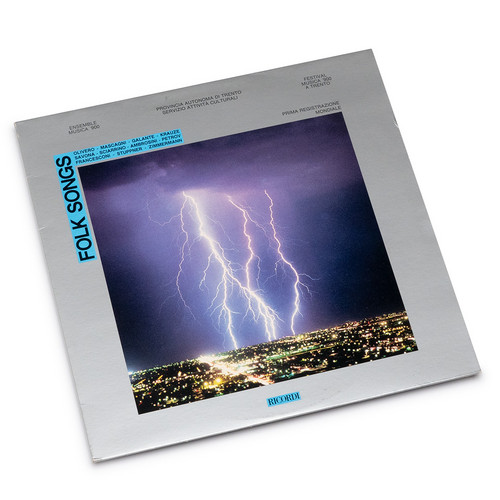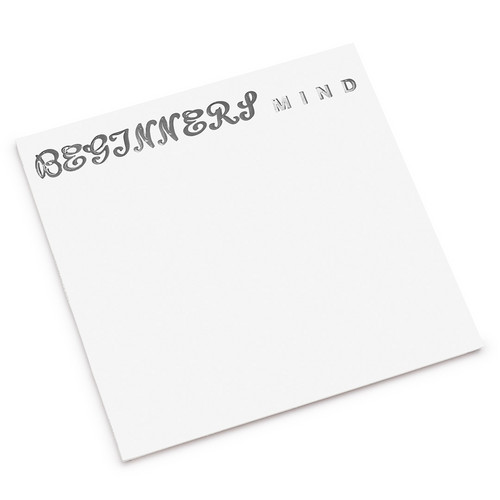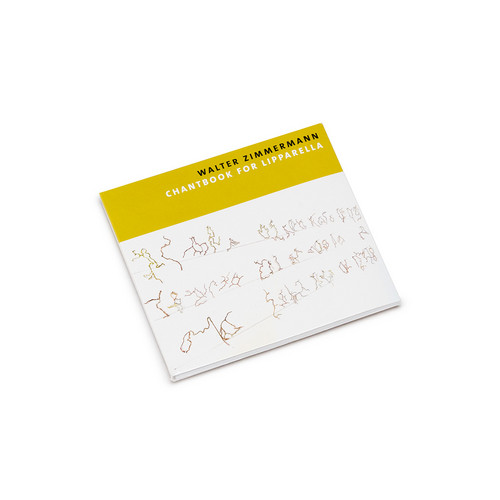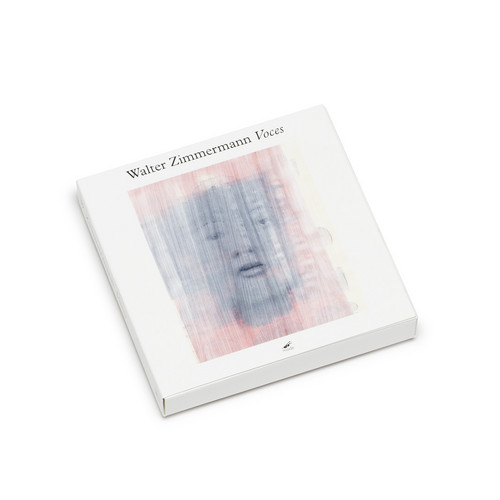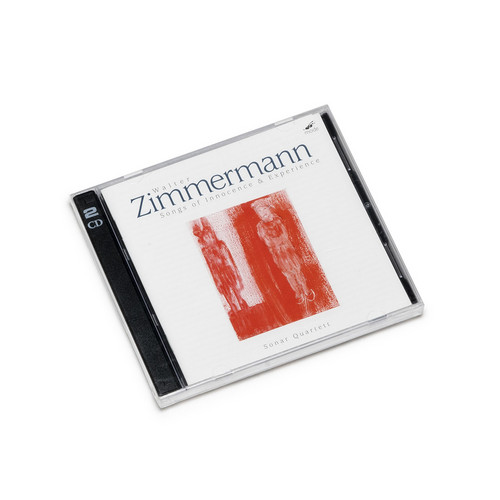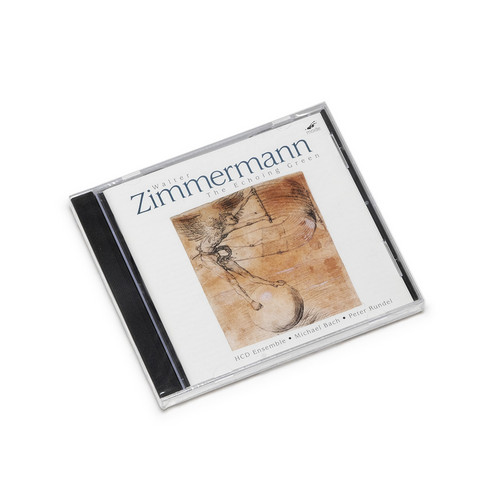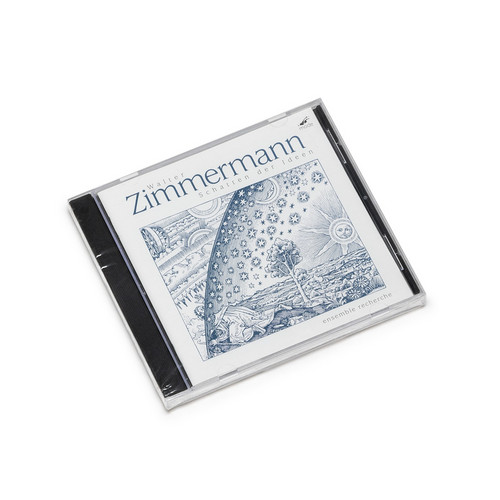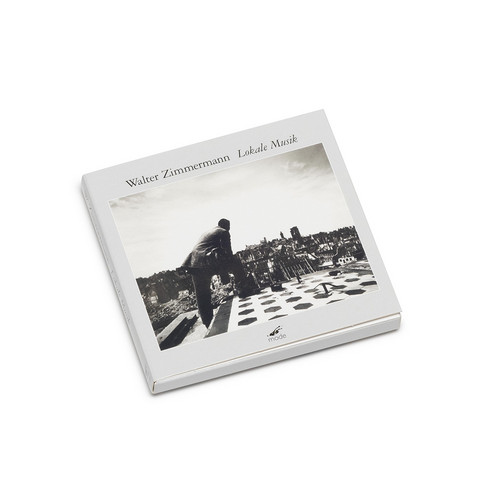Walter Zimmermann
(b 1949) German composer of stage, orchestral, chamber, choral, vocal, piano, and electro-acoustic works that have been successfully performed and recorded across Europe. From 1968-70, he was pianist in the Ars Nova ensemble in Nuremberg and studied composition with Werner Heider. From 1970-73, he studied with Mauricio Kagel and at the Institute of Sonology in Utrecht. In 1974, Zimmermann began his stay in the USA, first in Hamilton, New York to study computer music, and then around the States to have conversations with 23 American composers (which were published in the book Desert Plants).
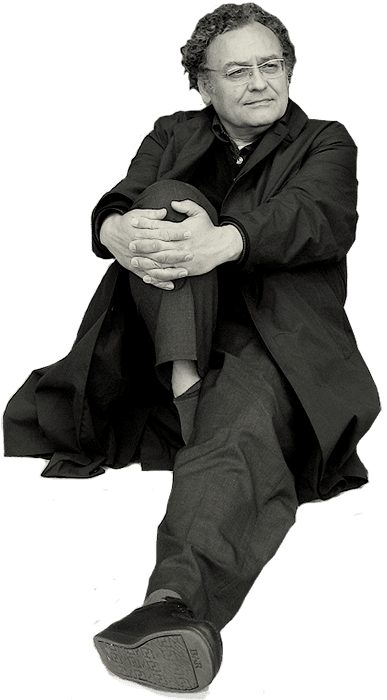
(b 1949) German composer of stage, orchestral, chamber, choral, vocal, piano, and electro-acoustic works that have been successfully performed and recorded across Europe. From 1968-70, he was pianist in the Ars Nova ensemble in Nuremberg and studied composition with Werner Heider. From 1970-73, he studied with Mauricio Kagel and at the Institute of Sonology in Utrecht. In 1974, Zimmermann began his stay in the USA, first in Hamilton, New York to study computer music, and then around the States to have conversations with 23 American composers (which were published in the book Desert Plants).
